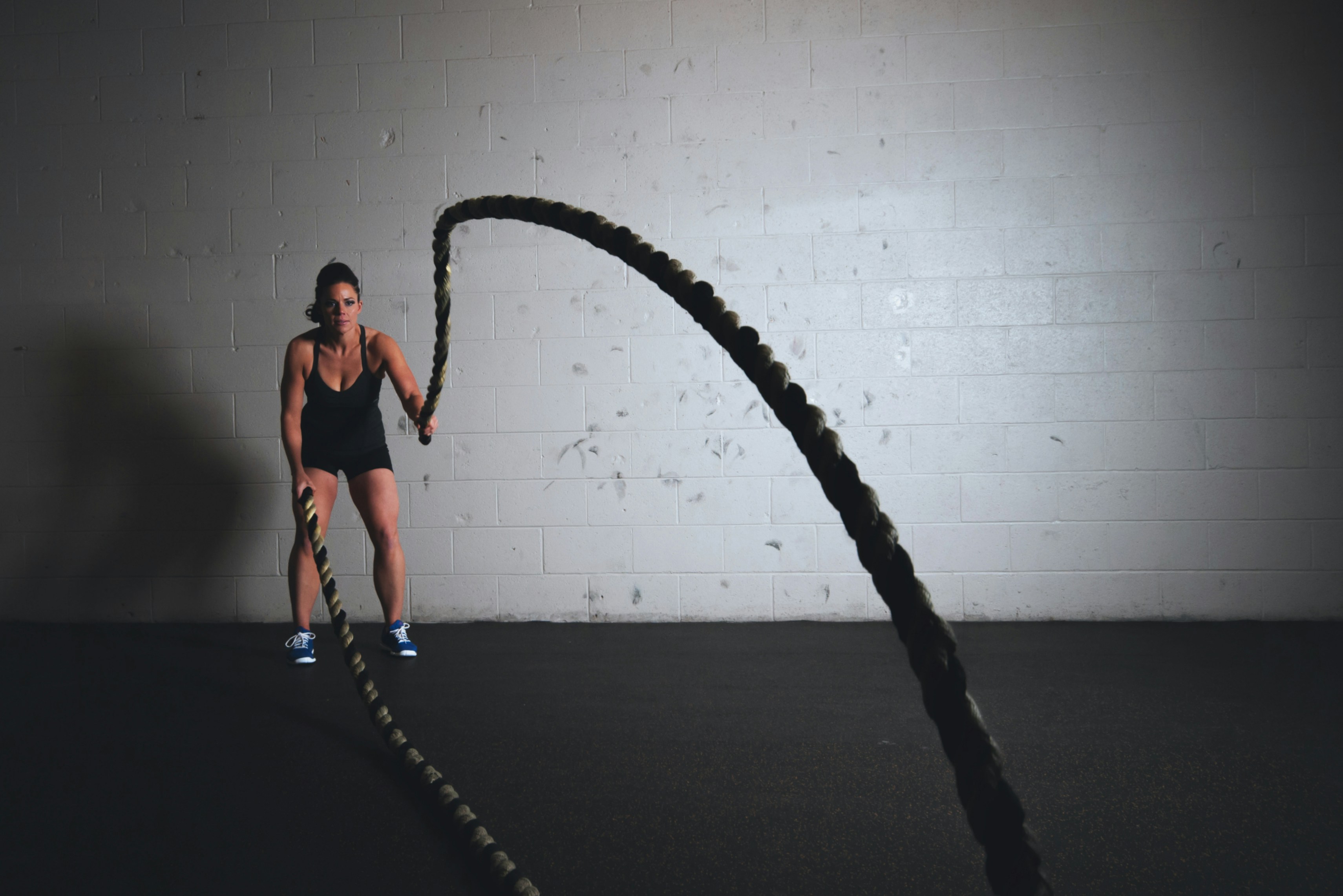
Unveiling the Financial Realities of Australia's Elite Athletes: A Call for Support and Stability
POSTED ON:2023-12-03 22:24:00.
In a recent survey conducted by the Australian Sports Foundation, a staggering revelation surfaced: nearly half of the nation’s top-tier athletes are grappling with financial strains, earning less than the country’s minimum wage. The study, encompassing 2304 athletes across 60 sports, shed light on the formidable challenges elite athletes face in pursuing their sporting careers.
The findings, as of July 2023, exposed a disconcerting reality: 46% of these athletes are earning less than $23,000 annually. This figure stands in stark contrast to the minimum wage in Australia, set at $23.23 per hour or $45,905.60 per year. It's a stark reminder that while these athletes compete at the highest levels, financial stability remains an elusive pursuit for many.
But the struggle extends beyond mere financial numbers. It seeps into the mental health realm, as 42% of elite athletes reported grappling with mental health challenges. This distressing statistic underscores the profound impact of financial instability on their well-being, adding an emotional toll to their pursuit of excellence.
The precarious financial landscape has tangible implications for these athletes' careers. More than half have contemplated walking away from their sport, highlighting the fragility of sustaining a career in elite sports amidst financial uncertainties.
Speaking to Fox Sports News, two-time Olympic gold medallist Bronte Campbell expressed surprise at the survey's revelations. She highlighted the median income range of elite athletes, emphasizing the daunting task of managing expenses in a world where the cost of living continues to rise. Campbell unveiled the harsh reality of sporting careers: a rollercoaster of financial highs and lows dictated by performance fluctuations and unforeseen circumstances like injuries.
The intricacies of elite sports further compound these challenges. Olympic cycles, spanning four years between events, demand unwavering commitment, influencing crucial life decisions like residence, family planning, and career trajectories. Moreover, unless consistently part of elite teams, athletes find themselves largely responsible for their financial well-being.
While there have been steps taken to support athletes, such as increased government funding and financial assistance tied to specific events, the overarching financial structure falls short in providing comprehensive aid. The CEO of the Australian Sports Foundation, Patrick Walker, stressed the need for collective action across the sports sector to address these challenges. He emphasized that financial stress is not only detrimental to athletes' mental health but also jeopardizes their continued participation in their respective sports.
The survey's revelations serve as a clarion call for the sports sector, governments, and supporting organizations to collaborate and bolster assistance for these athletes. It's imperative to create a sustainable ecosystem that offers not just financial aid but also robust support systems encompassing equipment, medical aid, and mental health resources.
The resilience, dedication, and sacrifices of elite athletes deserve recognition and support that transcends sporadic financial aids. By acknowledging their financial vulnerabilities and committing to a more stable environment, we can ensure these athletes continue to excel without compromising their well-being. It's time to champion their cause, ensuring that the pursuit of sporting greatness is not hindered by financial precarity.
